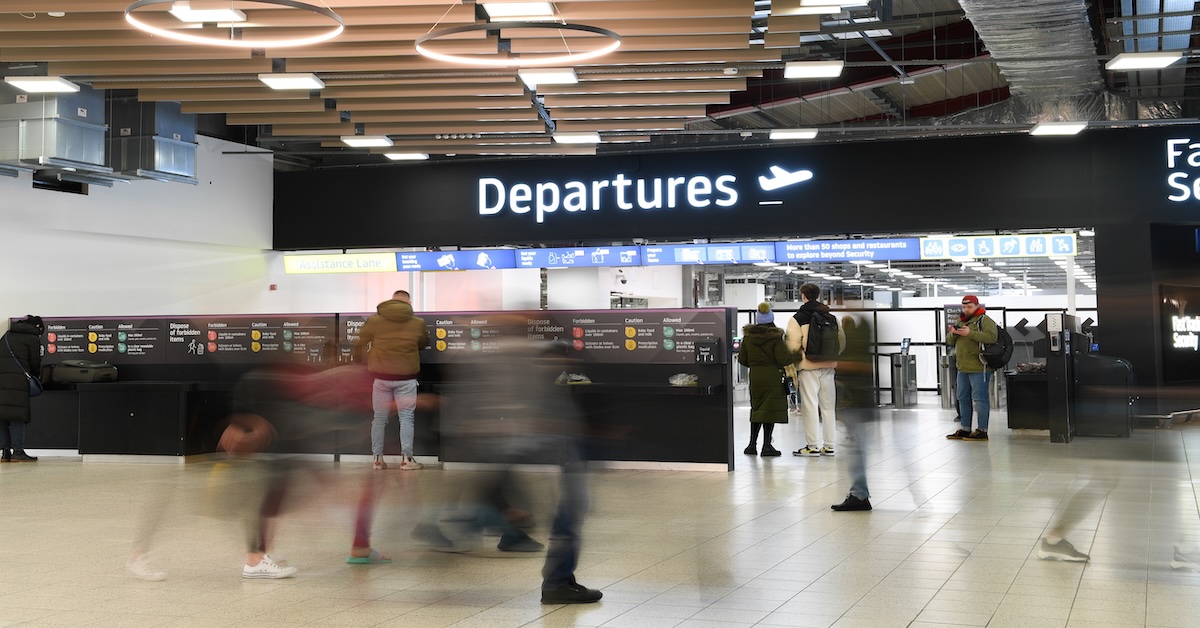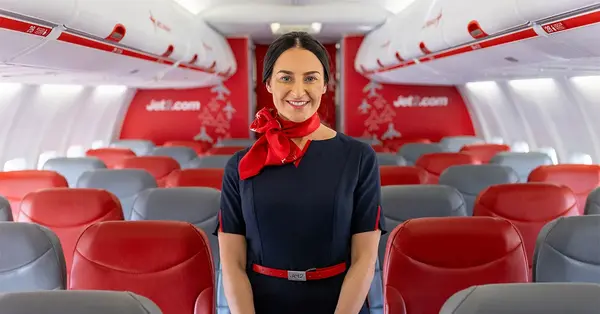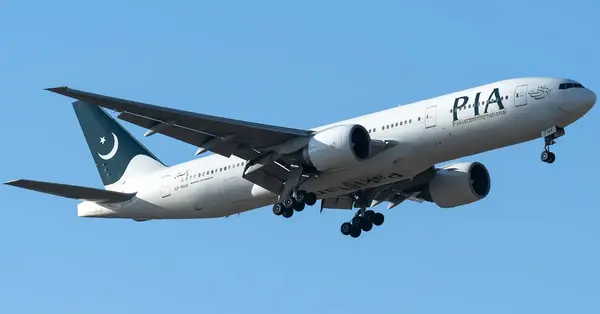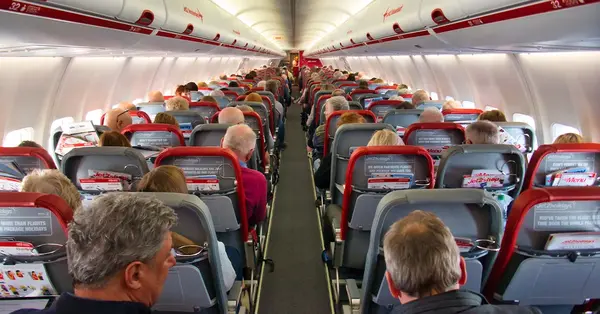You are viewing 1 of your 2 free articles
Travel firms urged to take part in major cybercrime study
Travel companies are being urged to take part in a groundbreaking study on cybercrime led by the former global boss of Contiki and travel anti-fraud group Profit.
The research aims to find out what small and medium sized businesses know about cybercrime and stop them from falling victim to cyberattacks.
The Prevention of Fraud in Trade (Profit) was approached by James Marchant, who is studying a masters degree in cyber security and management at Warwick University, to take part in the research.
Marchant, who was global chief executive of youth brand Contiki from 2018 to 2019 and has worked for other travel firms including Villarenters, said there was a “real need” to raise awareness of the cyber threats and mitigation measures to travel business owners.
He said: “I have direct experience of cyber issues in the travel sector through my time in the industry, and I know that SMEs, which are now doing everything they can do generate business in these extraordinarily tough times are also, sadly, at increased risk of cyber crime.
“Driving this increased risk is home working and the security challenges that come with creating secure systems across multiple locations, through to more phishing campaigns by fraudsters who are capitalising on the Covid pandemic and using fake NHS and government emails and SMS messages.
“In addition, it is now easier than ever for cyber criminals with relatively low technical skills to access and deliver sophisticated cyber weapons such as ransomware.”
Profit chairman Barry Gooch encouraged as many SME travel businesses as possible to take part in the research, which is specifically on ransomware, to increase support for the sector.
The term ransomware describes malicious software that uses encryption to hold a person or company’s information, which is only released on payment of a ransom. It can paralyse an entire organisation until the ransom is paid.
Gooch said Profit was regularly contacted by SMEs which do not have basic, free cyber security protocols and solutions in place, despite the rise in cybercrime.
The types of fraud and cyber related crime Profit has been helping travel businesses with during the pandemic include social media crime, such as spoofed pages of legitimate travel companies on social media websites; bounce back loan crime where companies have had government loans taken out without their knowledge; invoice fraud in which bogus invoices are sent to companies; and bogus official emails, which involve phishing emails purporting to come from HMRC and other official bodies to obtain bank details to commit fraud.
Gooch said: “While travel companies have been concentrating on survival during the curtailed travel throughout the pandemic, criminals have ramped up their activity against the sector.
“Profit needs to understand what more we can do to support the hard-hit and important travel sector. Every travel company can help us by taking a few minutes to complete the survey. Help us to help you.”
Gooch said he expected the research to have ‘national implications’.
The deadline for taking part in the survey is August 27. A report with the findings and a series of recommendations is due to be published in October.
The idea is that SMEs will then be able to benchmark their level of cyber security against others in the sector while taking up recommendations of practical steps to reduce the risk of an attack on their business.
The anonymous online questionnaire, which takes around ten minutes, can be accessed here. Participants will get free access to the report when it is published in October.


















